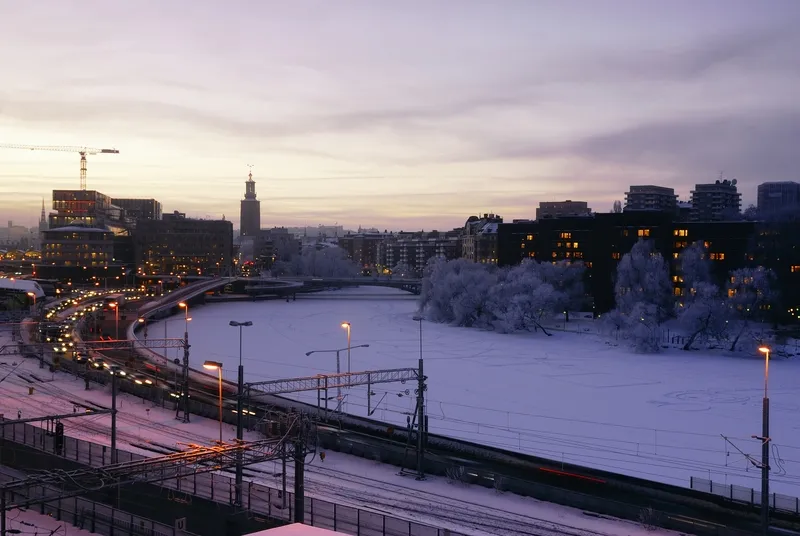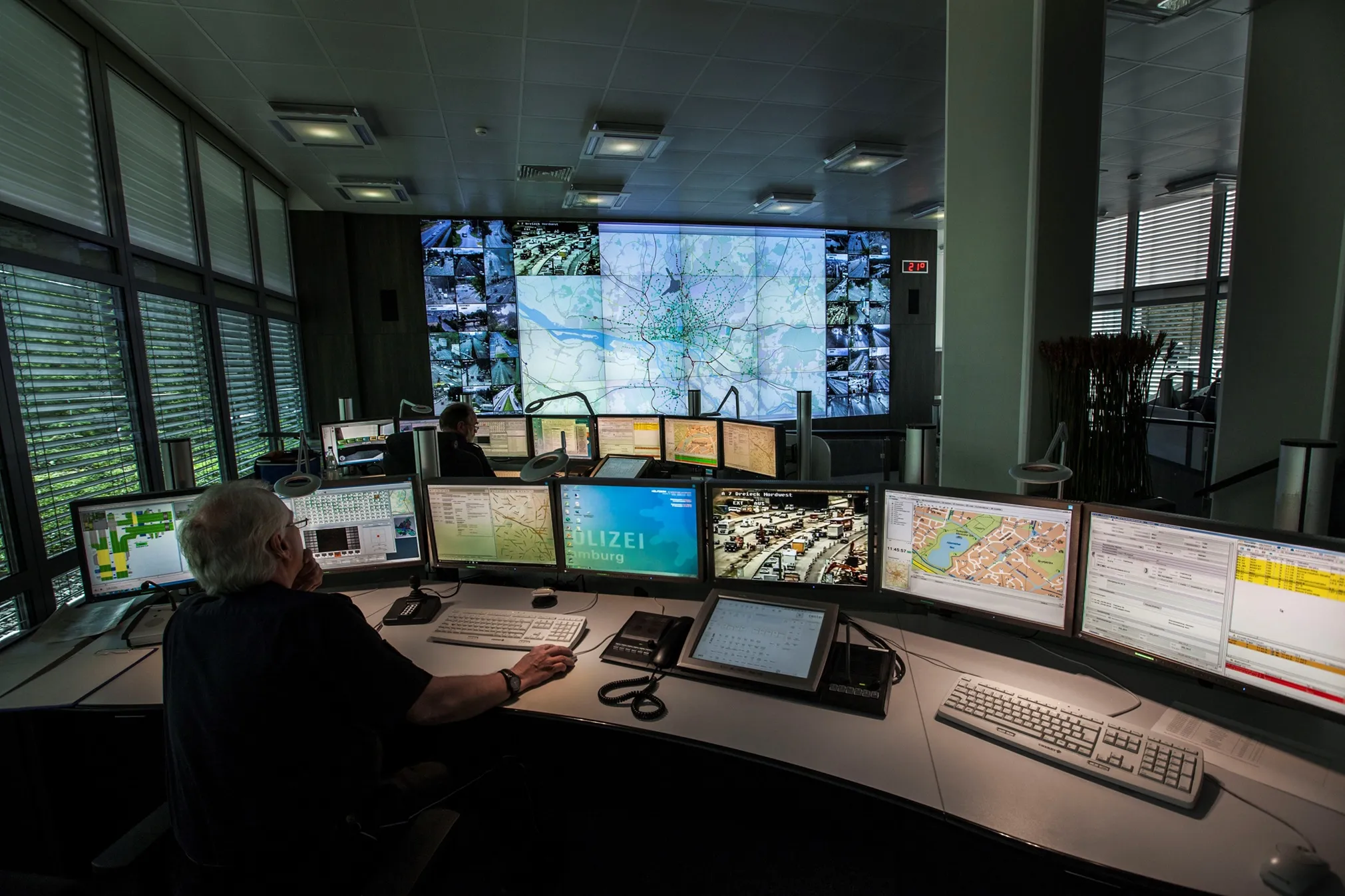
A licence plate recognition system from Edeva will soon start operating in central Stockholm under the Swedish capital’s forthcoming Environmental Zone Class 3 protection plan.
The deal with Edeva was signed in the summer, installations began in September and delivery is now complete with the system ready to assess compliance with the new rule starting 31 December. Edeva’s deal encompasses installation, operation, maintenance and management support for up to 10 years.
Zone 1 covers the entire city centre and regulates heavy traffic. Zone 2 is on Hornsgatan, a single street in central Stockholm and regulates light vehicles.
In the upcoming Environmental Zone Class 3, which will be effective from New Year, only pure electric cars, newer gas cars and fuel cell vehicles will be allowed in a designated area.
The tactic is to measure rule compliance in the environmental zones both before and during implementation of the new zone, as well as for the existing Zones 1 and Zone 2.
Edeva uses its proprietary software platform, EdevaLive, to manage data delivery and monitor physical equipment. EdevaLive also delivers data to Stockholm's central platform and there are plans to provide alarms, logs and events to an operational platform that is under development.
“It is a complex task to compile this data in a comprehensible way, so we have developed several dashboards to visualise the results,” explained John Eskilsson, Edeva's system architect. “It was part of the procurement that the city wanted a system that makes the data accessible and understandable.”
The purpose of introducing environmental zones is to improve air quality and create a more pleasant and healthy living environment for the city's residents.
Another goal is to accelerate the renewal of the vehicle fleet. The city aims to have an emission-free city centre and reduce traffic-related carbon dioxide emissions by 80% by 2030, said Sara Bergendorff, head of traffic planning at the city’s traffic office. “It will be interesting to follow the development of the vehicle fleet and its impact on the environment in the coming years.”
Edeva, founded in 2009 and based in Linköping, Sweden, works with connected systems and services in traffic safety, vehicle classification, and environmental measurements.









